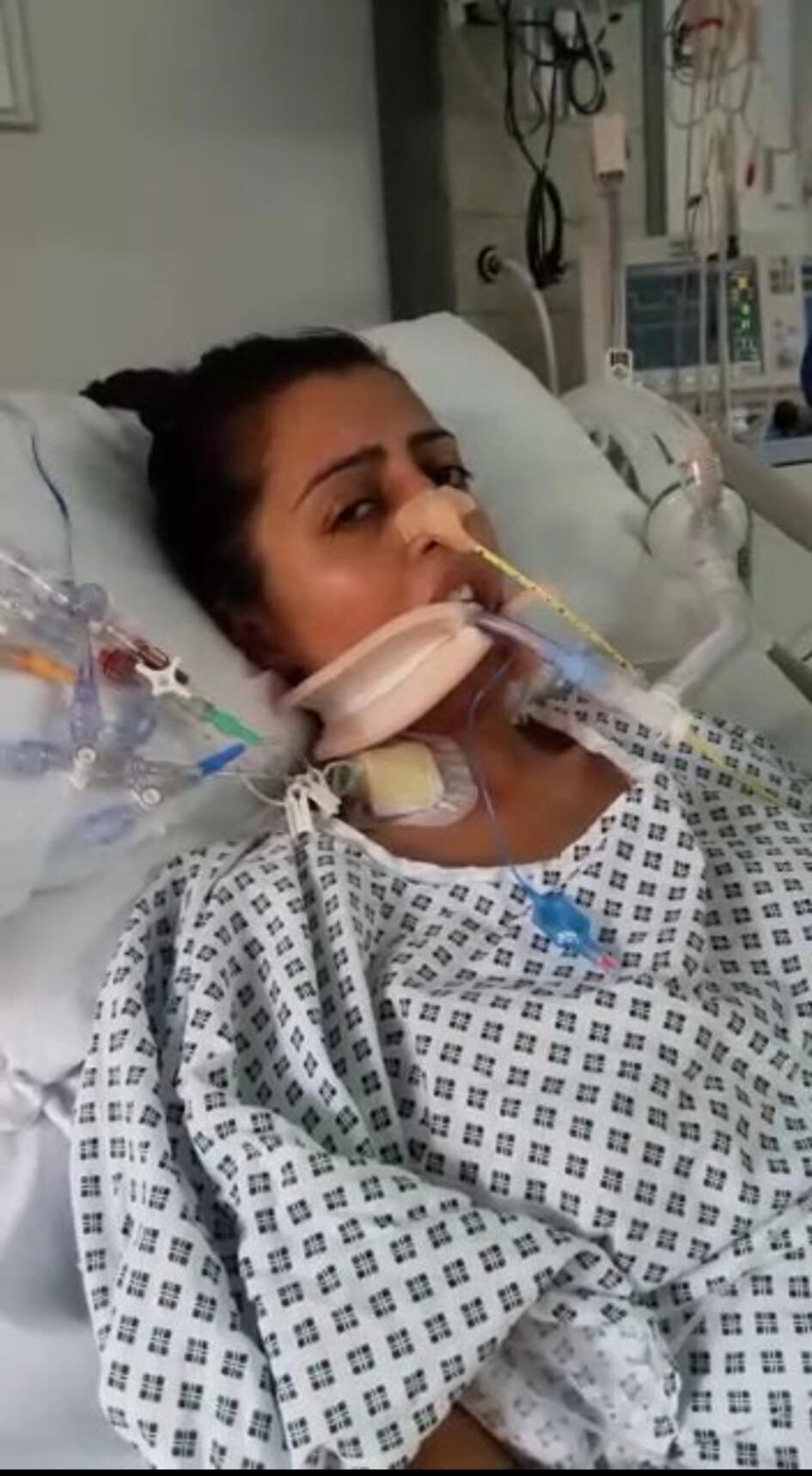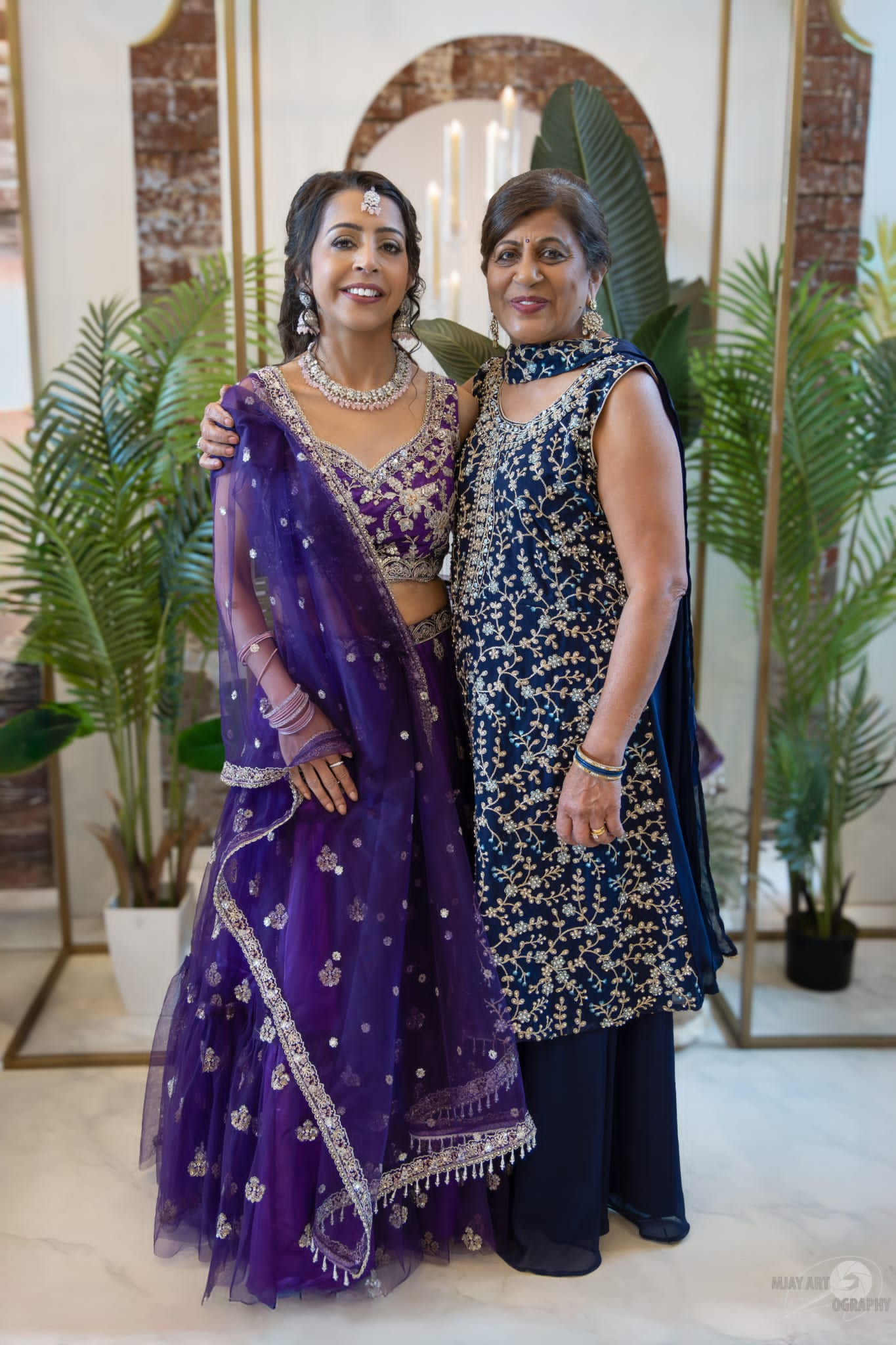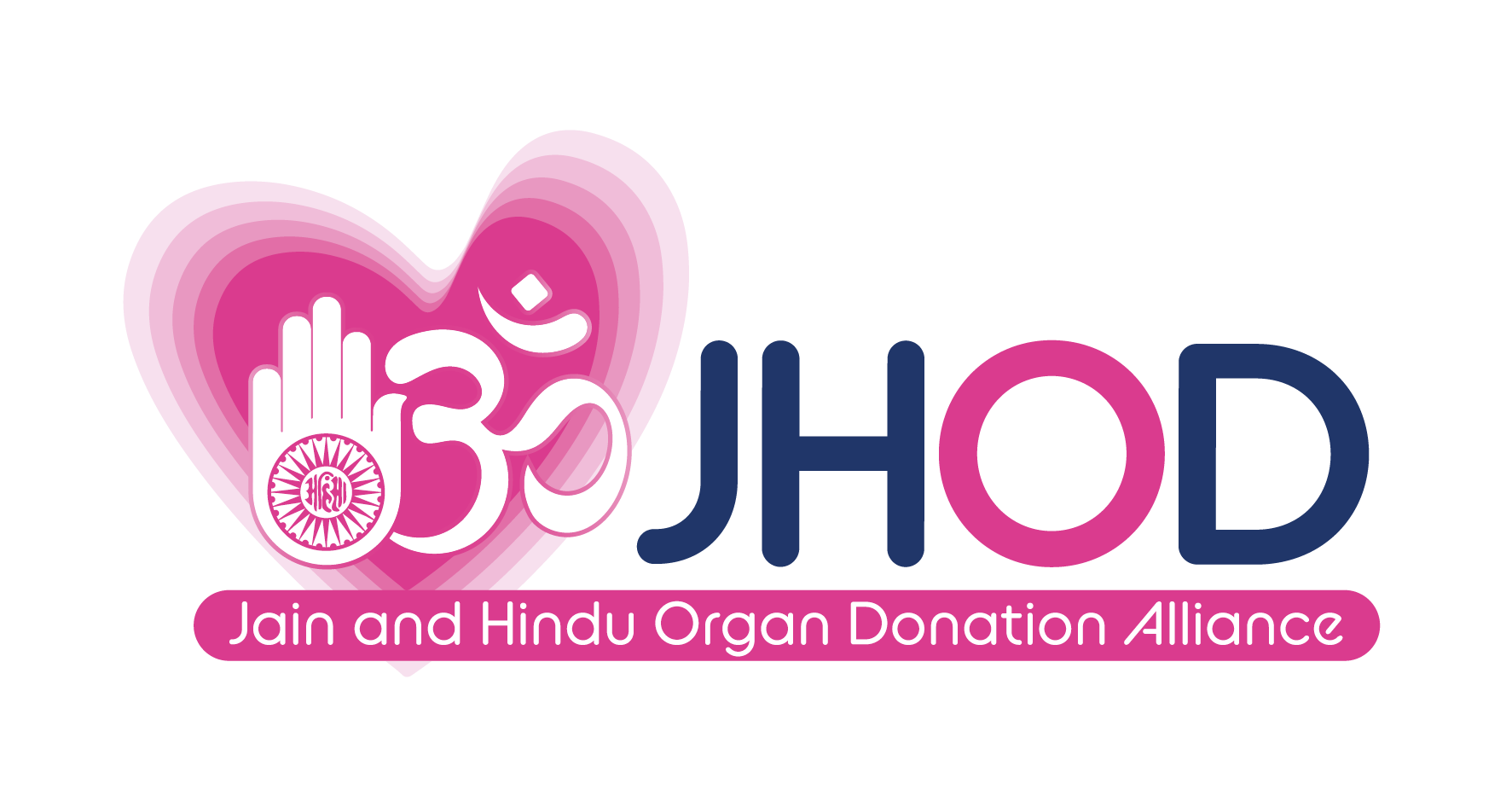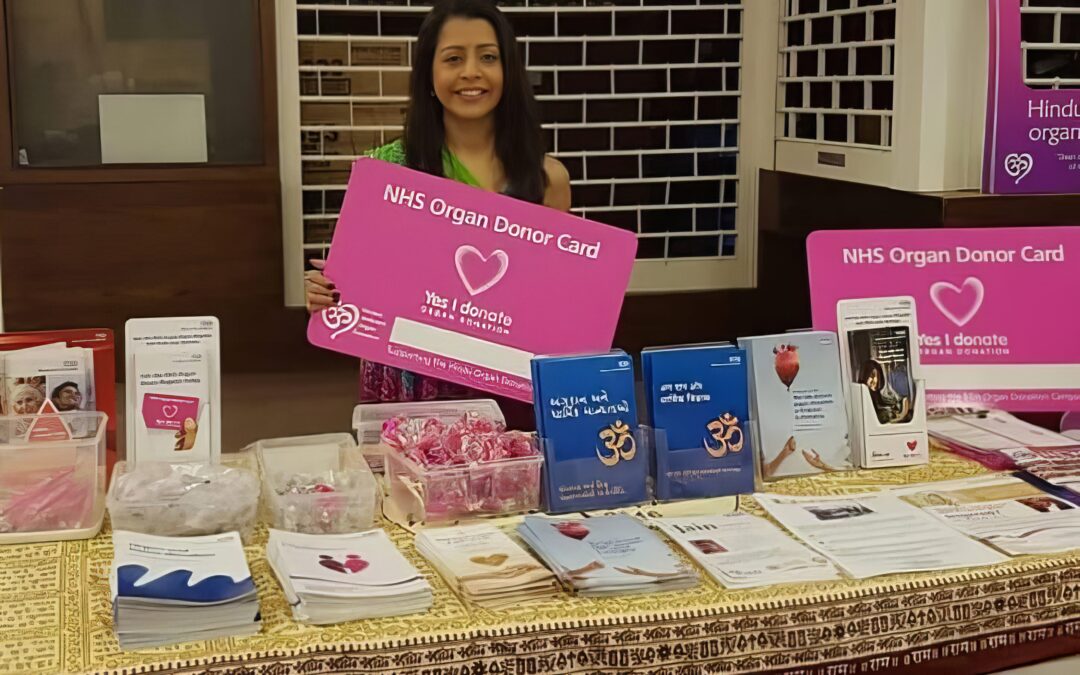In 2017, I received a life‑saving double lung transplant to treat my Cystic Fibrosis (CF).
CF is a progressive genetic condition that causes thick, sticky mucus to build up in the lungs and digestive system, making it increasingly difficult to breathe and leading to persistent lung infections. When I was born, doctors told my parents that my life expectancy would be just 11–12 years. Thanks to advances in medical care, I am here today at 44.
Growing up with CF
Living with CF was like having a full‑time job. Every day, I had to go through an intense routine of physiotherapy to clear my lungs. I would lie on my back and sides while my chest was tapped to help loosen the phlegm, repeating this three times a day with nebulisers before and after. At times, I coughed up blood.
From childhood through to adulthood, my mum and even teaching assistants at school helped me with these treatments. At the time, I thought it was “normal.” Later, I realised how different my reality was from that of my peers. Managing my CF took hours each day, yet I pushed myself to study, attend university, and work, even though it deeply affected my social life, career, and relationships.
When infections worsened, I faced long and lonely hospital stays — typically two weeks at a time for intravenous antibiotics. This became a routine part of my life several times a year. Eventually, I was also diagnosed with CF‑related diabetes (CFRD).
The decline
By 2016, my health was deteriorating rapidly. A collapsed lung (pneumothorax) left me in the hospital for three months, requiring constant IVs. I suffered an allergic reaction to a drug during that time and fell into a seven‑hour coma. By the time I was discharged, I was on permanent oxygen — bulky tubing following me around the house and a portable machine that made me self‑conscious in public. I slipped into depression, not wanting to go out or live life beyond survival.

The transplant
I was told that going on the transplant list could mean waiting months or years, especially since finding an intense donor match from the South Asian community (my background is Indian) can be more difficult. Miraculously, just 30 days later, I received “the call.”
I don’t think anyone is ever truly prepared for what follows, but the experience was surreal. I had to learn how to breathe again. My gift of life didn’t come from someone in my community — my donor was a white woman whose selfless decision, and her family’s support, gave me my second chance.
That is why today I am passionate about raising awareness of organ donation, particularly within minority ethnic communities. These conversations with friends and families save lives.
Life today
My double lung transplant changed everything. I still live with CF, but it is much easier to manage. Since then, I’ve competed at the British Transplant Games for four years, meeting incredible people and sharing stories of hope.
Now, I work full‑time, go to the gym, play badminton, and truly live life to the fullest. Every breath I take is thanks to my donor. Because of her, I can do things I once thought were impossible.
Miracles do happen. Organ donation does save lives.


